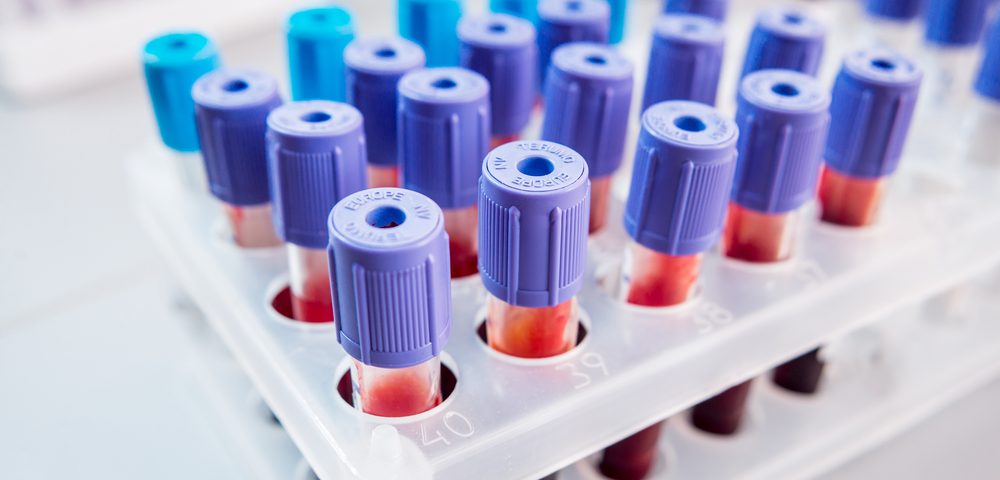QIAGEN will begin marketing a test that Johns Hopkins University developed to detect whether advanced prostate cancer patients are failing to respond to the widely used therapies Zytiga (enzalutamide) and Xtandi (abiraterone).
If doctors know that a prostate cancer patient is resistant to the drugs, they can develop a more tailored treatment. The test, called AdnaTest Prostate Cancer Panel AR-V7, will detect that resistance. In to the test being used in treatment, researchers can use it to help select patients for clinical trials.
Prostate cancer is the third leading cause of cancer death among American men. Zytiga and Xtandi are hormone therapies for patients with castration-resistant prostate cancer (CRPC). They block the androgen receptor signaling that is essential to the cancer’s growth.
Although they represent breakthroughs in metastatic CRPC treatment, 20 to 40 percent of patients fail to respond to them, however.
Johns Hopkins researchers discovered that prostate cancer patients who lacked an androgen receptor variation known as AR-V7 survive longer than those with the variation. The study, “AR-V7 and Resistance to Enzalutamide and Abiraterone in Prostate Cancer,” was published in the New England Journal of Medicine in 2014.
The researchers also discovered that the variation, which lacks a portion of the full androgen receptor, was associated with resistance to Zytiga and Xtandi. The drugs failed to block androgen receptor signaling, allowing prostate cancer cells to keep growing.
Thirty-one of the patients in the study received Zytiga and 31 Xtandi. The results were clear. The PSA response rate was zero in patients with the AR-V7 variant: In other words, none of the patients responded to the drugs. In contrast, 54% of patients who lacked the variant responded to Zytiga, and 68% to Xtandi.
Overall survival rates of patients with the variant were 5.5 months with Zytiga and 10.6 months with Xtandi. Patients without the variation survived beyond the duration of the study.
The test is called a liquid biopsy because it examines blood instead of tissue. It shows whether cancer cells in a blood sample have the AR-V7 variation.
QIAGEN is working with several pharmaceutical companies on trying the test in prostate cancer clinical trials.
Meanwhile, Johns Hopkins researchers see potential in developing drugs to treat prostate cancer patients with the variation.
“Our AdnaTest workflow unlocks an important biomarker for clinical research to provide for the development of prostate cancer diagnostics in the future. Providing accurate insights from circulating tumor cells in a blood sample, our AR-V7 solution is a significant addition to our portfolio of non-invasive liquid biopsies for Personalized Healthcare,” Thierry Bernard, a senior vice president of QIAGEN, said in a press release. “We are pleased to partner with the pioneering researchers at Johns Hopkins in developing this workflow. We plan to make the AdnaTest kit commercially available this year, as a Sample to Insight solution for clinical researchers.”

